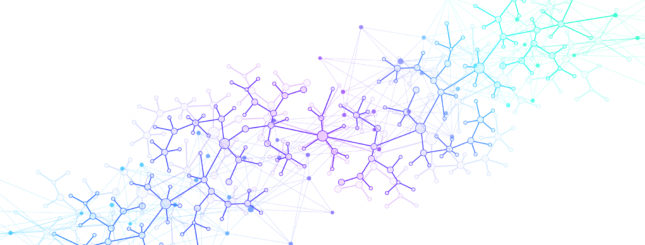In April of this year, the New York Times featured an article about the healthcare journey of Dr. Pamela Munster, a woman who had engaged 23andMe to check her DNA for breast cancer risk. Her 23andMe report indicated she was at low risk. Two years later, Munster, who is the co-leader of BRCA research at the University of California, San Francisco, was diagnosed with breast cancer.
How is this possible? Put simply, 23andMe tests specifically for the three most common BRCA defects found in women of Ashkenazi Jewish descent, which are known to increase one’s risk for breast cancer. Unfortunately, there are hundreds of other BRCA mutations that increase that risk, but 23andMe does not test for them. If you made the misassumption that your breast cancer risk was low on the basis of a 23andMe test, then you might be less likely to do self-exams, the cornerstone of breast cancer early detection and thus survival.

READ MORE: The Pioneering Testing That Will Change How We Think About Personal Health
Welcome to the brave new world of personal genetic testing. Only about a decade old, the direct-to-consumer (DTC) genetic testing market already includes hundreds of companies and is expected to reach $611 million in sales by 2026, according to Credence Research. More people took DTC genetic tests in 2018 than in all the previous years combined, says Genetics Digest.
Like every other healthcare industry gold rush (think Theranos), the field of personal genetics contains misinformation carefu lly mixed with real science to get you to make the “buy now” decision. The combination has created a Wild West environment that rewards aggressive marketing at the expense of high-integrity science. The fact that the U.S. market for healthcare is the largest in history and that early-leader companies are receiving stratospheric valuations makes it even harder to recognize truth versus manufactured perception.
The real prize is not your DNA report. The real prize is future rights to the use of your DNA for research—which you may have relinquished when you signed up.
With personal genetics, it gets even more interesting. The real prize is not your DNA report. The real prize is future rights to the use of your DNA for research—which you may have relinquished when you signed up. Though these DTC companies go to great lengths to assure that your privacy will not be violated, read the fine print carefully. Typically it contains multiple applications for the data, including “perform business development, initiate research and send you marketing emails” (from 23andMe). It might also say, “We may modify this privacy statement at any time” (Ancestry.com), which is to say, “This privacy statement is almost meaningless.”


How can an interested consumer navigate this poorly regulated landscape?
First, recognize the huge difference between DTC and diagnostic genetic analysis. Ancestry.com and 23andMe, two of the biggest names in the field, are DTC labs and they should not be relied upon for definitive health-risk analysis. That’s not what they’re set up to do. True clinical/diagnostic analysis tests for specific target genes and is carried out by highly accurate diagnostic testing labs like Myriad Genetics, which have to meet far more stringent federal regulatory standards. These diagnostic-quality labs, though not perfect, have a much higher rate of accuracy than DTC firms.
You can help sort out your risk for future disease by taking a very serious approach to your own family history of disease among your siblings, parents, aunts, uncles, cousins and grandparents. Even if you think you already know everyone’s story, and even if interviewing everyone seems like too big a task, do it anyway. You might be surprised by what you find, and it is the method most likely to identify your future risk of illness.
READ MORE: Is Living in a City Better or Worse for Your Health?
If you find a pattern or are really worried or have a strong family history of a particular disease, consider seeing a board-certified genetic counselor (go to abgc.net to find one) who can help assess your risk and order the appropriate tests to confirm or disprove that risk.
But be aware that the probability science of personal genetics is still not completely understood. We have a long way to go in understanding the full breadth and scope of our 3.2 billion genes and their behavior and expression/suppression in the physical world. Many of us will worry unnecessarily or be surprised as we encounter the many false positive and false negative risk assessments done based on incomplete science. If in doubt about a result, or if you see an obvious conflict between your family history and your own test results, do not hesitate to order your specific gene test from a different lab. And for now, caveat emptor.








